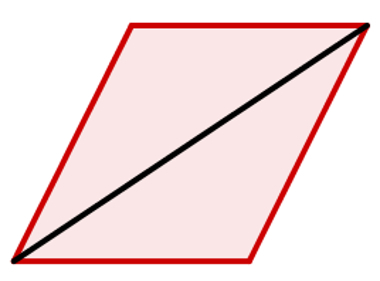Carlinhos' teacher asked the students in the class what an exact division was. All answered that it is a division where the remainder has a value equal to 0. She congratulated everyone. Afterwards, the teacher asked the following question: What are divisors of a natural number? Everyone was silent for a few seconds, until Carlinhos replied:
– Professor, I think that a natural number's divisor is the digits that divide the number into exactly equal parts.
The teacher told Carlinhos that her answer was correct and that she was going to teach everyone how to discover the divisors of a natural number.

Every number has natural divisors. Let's look at the examples:
The dividers of 10 are: 1, 2, 5 and 10.
The dividers of 30 are: 1, 2, 3, 5, 6, 10, 15 and the 30.
The dividers of 25 are: 1, 5 and 25.
The dividers of 24 are: 1, 2, 3, 4, 6, 8, 12, 24.
The dividers of 36 are: 1, 2, 3, 4, 6, 9, 12, 18, 36.
The divisors of 100 are: 1, 2, 4, 5, 10, 20, 25, 50 and the 100.
Note that all numbers are divisible by 1 and that the largest divisor of a number is itself. And that they all divide the number into equal parts and that the division is exact.
by Mark Noah
Mathematical
Take the opportunity to check out our video classes on the subject:



